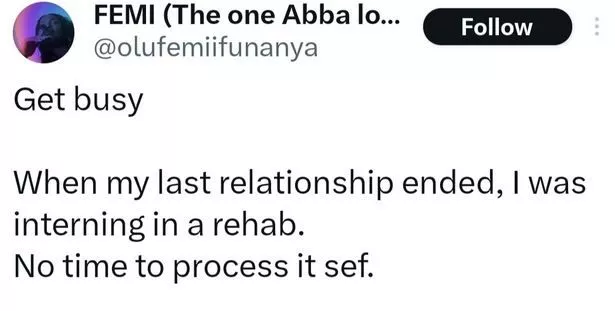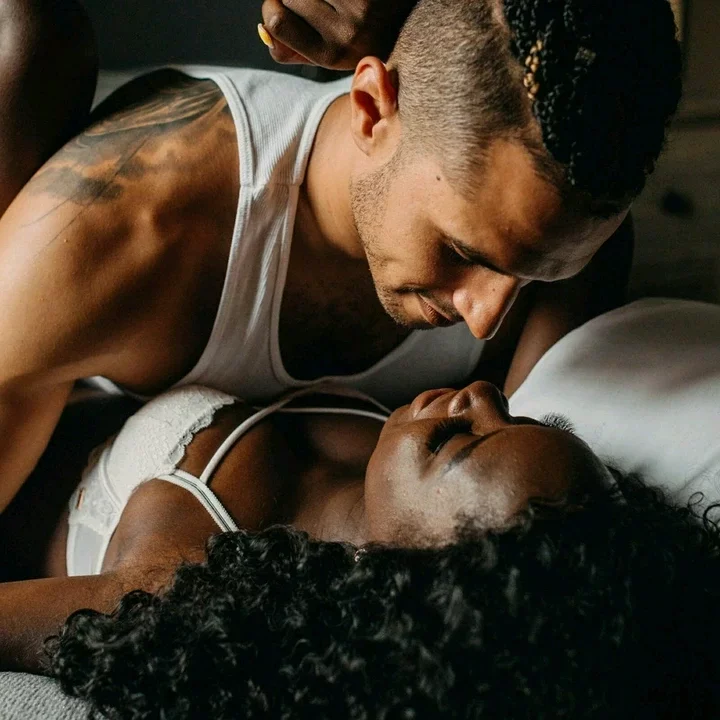
"I'm not fighting with her. I'm fighting with her BPD," explained one of the participants in a 2023 study published in the Journal of Marital and Family Therapy that conducted in-depth interviews with real couples navigating life with Borderline Personality Disorder (BPD).
The study made an interesting point. The more couples learned to externalize BPD - seeing it as a challenge that exists outside the relationship instead of as problem in it - the stronger their emotional bond became.
When partners couldn't make that shift, they described their arguments as battles full of shame, defensiveness and emotional injury. BPD is usually characterized by a pattern of intense emotional reactivity, fear of abandonment and rapidly shifting perceptions, especially during conflict.
Fights with BPD in the mix don't just hurt; they have the potential to destabilize the entire relationship. And often, both people walk away misunderstood.
The following four research-backed ground rules can help you de-escalate conflict, reconnect and protect both of you from deeper harm.
1. Understand That Conflict Triggers Fears Of Abandonment And Rejection
A 2017 study published in Clinical Psychological Science tracked people with BPD at six time points over 28 days, documenting their mood shifts and relationship experiences in real-time.
The researchers found a striking pattern - even small disagreements or signs of disconnection, like a pause in conversation or a neutral comment, could trigger intense surges of sadness, hostility and fear.
These emotional spikes weren't just reactions. They often came before conflict began, suggesting that simply feeling vulnerable can trigger someone with BPD to misread neutral interactions as signs of abandonment.
This is why conflict doesn't feel like just a disagreement to someone with BPD. A delayed text, a certain tone or walking away mid-argument may not register as space to reflect; it can feel like emotional desertion.
They may not say it out loud, but what they're feeling is this, "You're leaving me right when I need you the most."
The same study found a loop - perceived rejection led to emotional spikes, which made conflict more likely, reinforcing feelings of rejection. Unless this loop is interrupted, both partners can get stuck in a cycle of rupture and repair.
Here's what you can help with:
Don't wait for conflict to escalate. If you need space, name it, but with reassurance.
Instead of walking away silently, say, "I need a moment, but I'm not leaving you. I care about you and I'll be back." This simple act of reassurance can interrupt the fear spiral and make emotional safety possible, even in disagreement.
The study shows that BPD-induced reactivity often masks a fear of abandonment, and isn't just irrational anger. Staying present and reassuring your partner can help calm this fear.
2. Don't Mirror Emotional Volatility
A 2013 study published in The American Journal of Family Therapy directly observed couples in which the woman was diagnosed with BPD and found significantly more dominance, criticism and conflict behaviors compared to non-clinical couples.
The women with BPD were also more likely than their male partners to use critical or attacking behaviors during conflict. These negative patterns made interactions more tense and reactive, amplifying emotional volatility on both sides.
When partners responded with yelling, stonewalling or withdrawal, it often made things worse. Emotional volatility feeds on itself. People with BPD often struggle to experience their partner as a separate, stable individual. Instead, they may view them as an extension of themselves, especially during conflict.
What helps instead is the realization that your emotional regulation serves as their safety net in conflict. In the moment, if you're calm, they feel calm. But if you pull away or shut down, they risk losing that internal tether. And this is why co-regulation matters. Staying present, even when you're hurt, offers them stability they can't always access on their own.
Avoid, especially, sudden withdrawal or sudden threats to leave. High emotional intensity - like yelling or shutting down - can escalate the dysregulation spiral.
Additionally, if they pull away or go silent during conflict, it can feel like punishment. But often, that silence isn't meant to punish - it's how they protect themselves when overwhelmed. This is where your consistency matters most.
Stay close without pushing. You don't have to fix it or fill the silence. Just let your presence say, "I'm still here. You're safe with me." That grounded reassurance helps restore emotional safety without demanding anything in return.
3. Validate Their Feelings, Even If You Don't Agree
In the 2023 study where researchers interviewed couples navigating BPD, researchers also found that emotional validation was a central ingredient in successful conflict resolution.
When partners responded to distress with understanding instead of defensiveness, it reduced shame and helped both people regulate. Invalidation, whether through silence, logic or criticism, often intensified the emotional storm and left the person with BPD feeling emotionally abandoned.
It's important to remember here that validation doesn't mean agreement. It means saying, "I can see why you feel that way," even if you don't necessarily believe the reaction is justified. It means recognizing that their emotions make sense in the context of what they're experiencing - even if the facts don't line up for you.
As one participant shared, "When I'm in pain and he just tells me what to do, I feel invisible." This reflects how even well-meaning problem-solving, if dispensed in a way that isn't emotionally attuned, can feel dismissive.
"He will be like, 'I can see why you think that way... Let me at least say that I understand your perspective. Let me validate you.' That's important. Validating me is so incredibly important, and he's very good at that," another participant with BPD mentions, highlighting the importance of genuine validation.
In moments of conflict, validation keeps the connection intact. Once things settle, you'll have space to share your side and talk through what really happened.
4. Aftercare Is As Important As The Argument
In relationships where a partner has BPD, the rupture isn't always the fight, it's usually what follows it. The unresolved tension or silence after a conflict often triggers renewed fear, shame and emotional withdrawal. Even if the conflict appears to be over, the emotional residue can linger, and what looks like stillness from the outside could be emotional paralysis on the inside.
This is why some people with BPD seem to "move on" quickly after a fight, leaving you in a state of emotional limbo, thinking, "There's never any resolution. Just a forced return to normal as if nothing happened."
Many people with BPD are so overwhelmed by shame after a fight that they mentally erase it. Wanting to "just move on" is often their way of escaping the unbearable belief that they're unlovable.
What helps most in these moments is consistency. Keep showing up with the same care, affection and steadiness - even if they've gone quiet, even if it feels like they're pretending nothing happened.
Your consistency tells them what their emotions can't, that you're still here. And when they finally circle back, when they're ready to face what happened, meet them with accountability, truth and gentleness. Because if they reach out and you respond with shame or self-protection, it only reinforces the belief they already fear - that love disappears when they mess up.
What repairs the rupture is not just what you say, it's how safe they feel when they're finally ready to hear it.
Loving someone with BPD means learning to separate the person from the pattern. You're not fighting the person you love - you're learning how to hold steady through the storm that love sometimes brings. And that's not easy. However, with care, emotional clarity and commitment, you don't just survive conflict but shape the kind of relationship that can outlast it.
















Comments